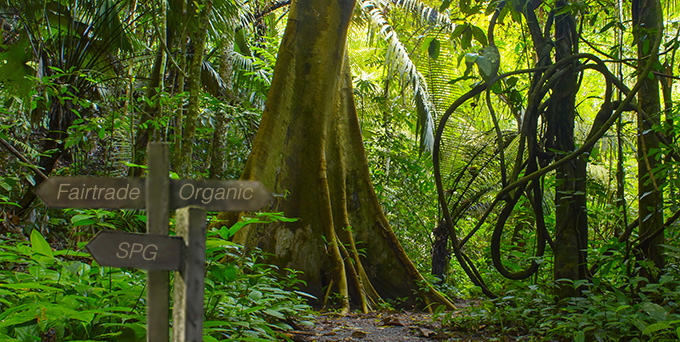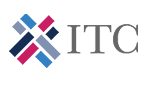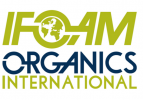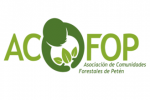Created in order to provide a system of trust in which buyers can be confident that their products really are what they claim to be, certifications are powerful incentives for both producers and consumers to commit to best practices. For producers, a certification can open doors to new markets, some of which are willing to pay premium prices for the sustainability efforts that that certification guarantees. However, the world of certifications is difficult to navigate, populated with hundred of logos, names, and criteria, making the right one hard to find for many small enterprises.
On February 4th Canopy Bridge, together with Forest Trends, held the Webinar “Certifications and Sustainable Production,” aiming to support small and medium producers as they embark on the search for their ideal certification. This webinar was the first in the series “Forests and Economies,” an effort to strengthen sustainable production efforts interested in economic alternatives linked to the conservation of tropical forests. A free, online format was chosen for the event in the hopes of maximizing our reach to initiatives in all of Latin America–some of which located in more isolated indigenous and traditional communities–and this first installment of the series exceeded our expectations with over 100 participants from all over the region.
For those who could not attend or would like to view the webinar (in Spanish), we offer a summary of our panelists’ presentations below, along with links to the recording. We have also opened a forum for further discussion with the panelists, in which we invite you to participate with any further questions.
Our first panelist was Sandra Cabrera from the International Trade Center (ITC), a joint agency of the World Trade Organization and the United Nations, dedicated to promoting “trade impact for good,” and supporting businesses in developing countries to achieve export success and become competitive within the global markets. Sandra presented global trends in certifications and the tools available on the ITC Standards Map and Sustainability Exchange. These tools, including expert support, are available free online to provide guidance to initiatives looking to identify the certification most appropriate for them amidst the vast wealth of options and criteria. (Sandra’s presentation in Spanish can be found at minute 7 of the video below).
Our second panelist was Patricia Flores from IFOAM Organics International (International Federation of Organic Agriculture Movements), the organization behind global organic certification standards. Patricia presented on Participatory Guarantee Systems (PGS’s), a local alternative to organic certification by third parties, in which producers are certified based on the active participation of stakeholders, and which are built on “a foundation of trust, social networks, and knowledge exchange.” (Patricia’s presentation in Spanish can be found at minute 19 of the video below).
Our final presentation was courtesy of Julio Valiente, Fredy Molina, and Luis Góngora from ACOFOP (the Association of Petén Forest Communities) in Guatemala. For the last 15 years, ACOFOP has managed around half a million hectares of forest within the Maya Biosphere Reserve. The good condition of these forests is proof that the community management through ACOFOP, which includes the use of both timber and non-timber forest products, has had a positive impact on the ecosystem’s conservation. ACOFOP shared their experiences with the two certifications that they hold through the Forest Stewardship Council and Fair Trade. (ACOFOP’s presentation in Spanish can be found at minute 33 of the video below.)
The panelists then opened the floor to questions from participants tuning in from all over Latin America, and their responses can be heard at minute 50 of the video below.
The webinar drew to a close before all of the questions could be responded to, and we have therefore opened the group “Standards and Certifications” on the Canopy Bridge site in order to further the discussion and respond to the remaining questions, as well as any others that might arise.
As part of the financing that made this webinar possible (courtesy of the AIME Project financed by USAID), we will also be launching a competition for small and medium producers, with prizes such as attendance in international trade fairs or investment in technical assistance. We will also be holding another webinar in April 2016 on processing value-added products, along with a discussion of the advantages and disadvantages of doing so. If you would like to participate in the discussion stemming from this past webinar, consult the panelists about your questions on certifications, or participate in the upcoming contest, we invite you to create a profile on Canopy Bridge, or write accounts@canopybridge.com for assistance.
https://www.youtube.com/watch?v=OGODzmvo_EA
[clear]
[clear]
[clear]
[clear]





